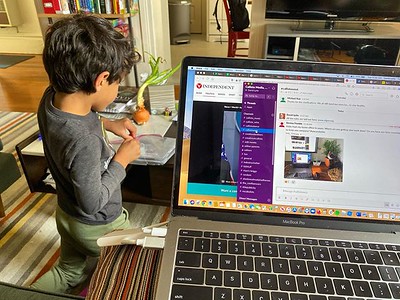In the current news cycle, it can be hard to find some good news, but according to the Chicago Federal Reserve Bank, the labor force participation rate for women is now higher than it was during the pandemic. Male labor force participation is still below its pre-pandemic level as is the overall labor force participation rate. College educated women with young children notched the largest gains in labor force participation.
That means women with young children have solved – at least in some way – their childcare dilemmas, which kept some mothers out of the workforce. College educated women with no children have recorded the highest labor force participation rate in history, currently at nearly 81%. About 69% of college educated women with children under the age of five participate in the labor force.
College education also has a positive effect on labor force participation. Regardless of parental status, women with a college education participate in the labor force at a rate of about 79%, while women without a college education or with an incomplete college education participate at a rate of only about 61%.
Economists at the Chicago Fed suggest that work-from-home and remote work opportunities may account for the increased participation rate of college educated women. In fact, women with college degrees are only about half as likely to work in positions that are not WFH-friendly.
They point out that the number of hours these women work don’t suggest that these college educated women are returning to part-time jobs, either. Chicago Fed data show that these women are working about 37 hours per week. Another possible explanation is that women are receiving more child-rearing help from men, whose average hours have trended down since the pandemic.
College educated women benefit from WFH
The Chicago Fed data show that women with young children benefit from a college education because a college degree typically opens up WFH options that may not otherwise be available to them. It underscores the importance for women of completing a college degree, especially if they have or intend to have children.
This is one more point in favor of shifting WCC’s focus to high-wage, high-demand jobs. Many (not all) of these positions will enable working mothers to generate more income from work and balance their need to provide childcare with their employment.
After closing the Children’s Center on campus in 2021, WCC owes its female students this much. (Especially since the Children’s Center was not repurposed as initially planned following its closure.) Offering programs that prepare women to balance work and child-rearing and enable them to make a living wage should be a high priority.
Photo Credit: davitydave , via Flickr























